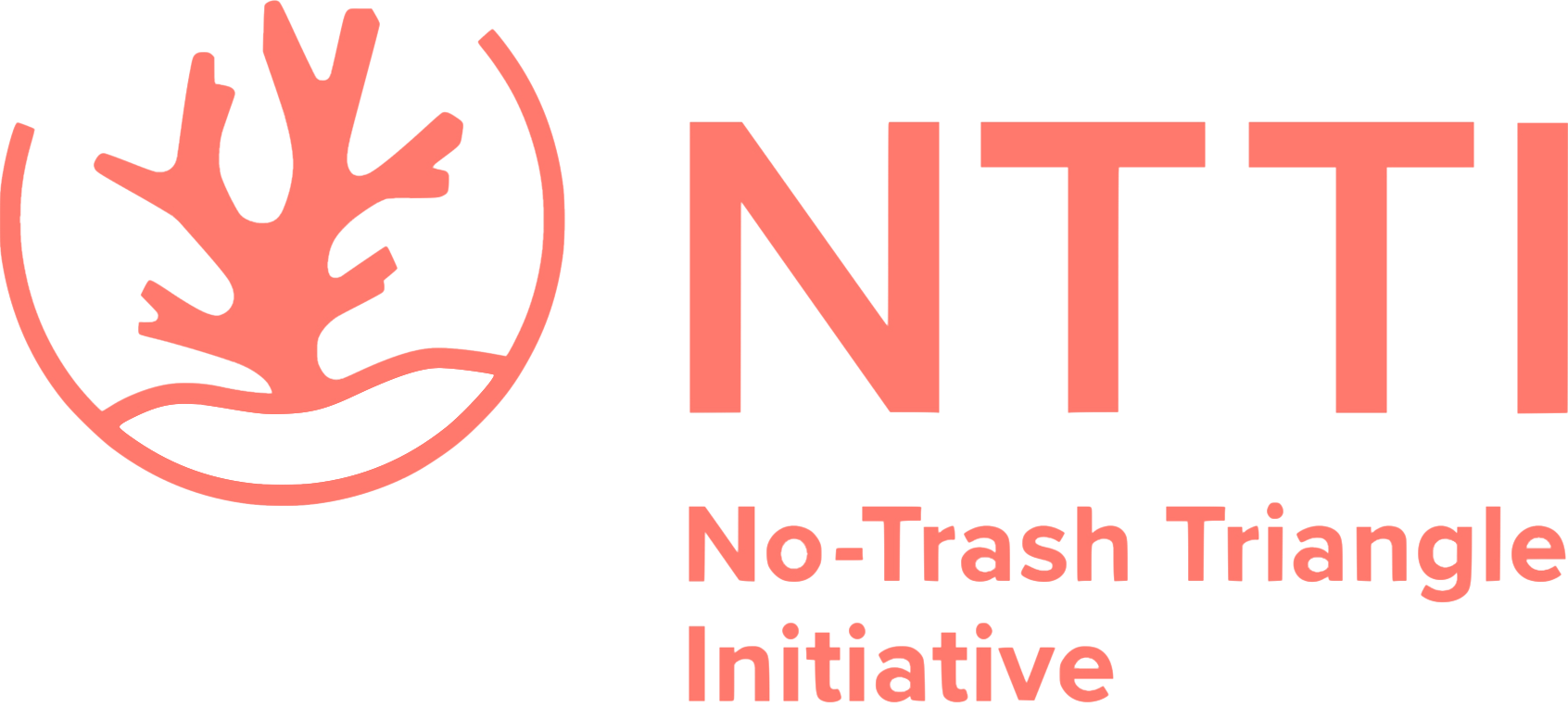A Snack of Trash - Research by students from LMU Munich
Since 2017, the resort Coral Eye is one of the leading forces within the NO-TRASH TRIANGLE INITIATIVE. Even longer than this, since 2011, its owner, a marine biologist himself, is supporting research on marine life. For the past four weeks, two young women from the Ludwig-Maximilians University (LMU) in Munich, Germany had the opportunity to carry out their field work on Bangka Island in Indonesia. But let's give them the chance to introduce themselves:
”Hello. I am Lena from the LMU and currently on Bangka Island as a Bio-NTTI scholarship fellow. During my research I look into zooplankton, the very small organisms floating in the oceans. In a first step, I explore if there is micro plastic in the water surrounding zooplankton and in a second step to see if there is even plastic inside them. Additionally, I installed so called sediment traps at different depths to check the amount of microplastic particles sinking in water. To get more information on how micro plastic can be accumulated in the marine food web I will also look into fish stomachs of bigger, pelagic fishes to see if micro plastic can be detected in their guts. With the support of my supervisor Prof. Gert Wörheide (LMU University) and the No-Trash Triangle Initiative, I can hopefully reveal how micro plastic affects different tropic levels in the marine realm.”
”Salut. My name is Elsa Girard. I am a French-Canadian Master student of Geo biology and Paleobiology at LMU too, and a Bio-NTTI scholarship fellow. For my Master thesis, I am running research at Coral Eye under the supervision of Prof. Dr. Gert Wörheide and in collaboration with the NO-TRASH TRIANGLE INITIATIVE. My project targets on identifying whether microplastics (plastic particles smaller than 5 mm) accumulate inside coral reef sponges. Sponges are animals which are continuously filtering water in order to feed themselves. As they filter very high amounts of water, it is likely that sponges incorporate some micro plastics within their body. However, it is unknown to which extend this process happens. Since it is difficult to estimate micro plastic concentration in the ocean, and because the micro plastic impact on living organisms is yet misunderstood, it is very important to generate facts and figures in this field. To conduct the project, I take non-lethal sponge samples at Coral Eye house reef, preliminary observe them under a microscope and carry them back to Germany for further analyses.”


